Featured at the Summit: Federico Erebia, Jamie Jo Hoang, & Ari Tison
As we talked I mentioned the summit and suggested that he consider submitting something on his own or with a couple of other emerging authors. After all, the Summit on the Research and Teaching of Young Adult Literature has always valued new voices. These new voices can be new scholars, teachers, librarians, or authors. All are welcome. We learn and grow when we are inviting and collaborative.
You are in for a treat.
Have you registered for the Summit yet? Hit this link right now.
Below you will find a brief introduction to each book. I have included links so that you can explore each author on your own. Also, I recommend that you purchase the books right away.
Federico Erebia
PEDRO & DANIEL is a sweeping and deeply personal novel about two brothers who are there for each other when no one else is.
Pedro and Daniel are Mexican American brothers growing up in 1970s Ohio. Their mother resents that Pedro is a spitting image of their darker-skinned father, that Daniel likes dolls, that neither boy plays sports.
Together, they experience joy and laughter, despite an abusive home life, coming out, first loves, first jobs, and the AIDS pandemic, in a coming-of-age story unlike any other.
I found this book to be a tight profile of two brothers growing up in a difficult home environment. It was personally intriguing, because, like the characters, I grew up during the same time period, more or less. I remember the referenced events and the timeline of the revelation of aids crisis. Federico writes honestly and openly about the trails of growing up with an abusive mother while coming to terms with his sexual identity.
It is a beautiful read, but not often an easy one if, as a reader, you are honest with your personal emotions.
Jamie Jo Hoang
San Jose, 1999. Jane knows her Vietnamese dad can’t control his temper. Lost in a stupid daydream, she forgot to pick up her seven-year-old brother, Paul, from school. Inside their home, she hands her dad the stick he hits her with. This is how it’s always been. She deserves this. Not because she forgot to pick up Paul, but because at the end of the summer she’s going to leave him when she goes away to college. As Paul retreats inward, Jane realizes she must explain where their dad’s anger comes from. The problem is, she doesn’t quite understand it herself.
Đà Nẵng, 1975. Phúc (pronounced /fo͞ok/, rhymes with duke) is eleven the first time his mother walks him through a field of mines he’s always been warned never to enter. Guided by cracks of moonlight, Phúc moves past fallen airplanes and battle debris to a refugee boat. But before the sun even has a chance to rise, more than half the people aboard will perish. This is only the beginning of Phúc’s perilous journey across the Pacific, which will be fraught with Thai pirates, an unrelenting ocean, starvation, hallucination, and the unfortunate murder of a panda.
Told in the alternating voices of Jane and Phúc, My Father, The Panda Killer is an unflinching story about war and its impact across multiple generations, and how one American teenager forges a path toward accepting her heritage and herself.
Steve's brief comment.
I tend to gravitate to novels with double narratives, especially when they are well written. I went to high school in the US as the Viet Nam was waning. A sat with a draft number, but didn't experience the draft. I watched as older neighbors went to war and came back or didn't.
The first house I bought was in low income neighborhood and my fabulous neighbors were an extended Vietnamese family. An older couple and several of their married children. We shared the building of a fence, fireworks, Christmas cookies from us and egg rolls from them.
Jamie Jo Hoang is exactly right, the story of the Vietnamese people, those who stayed and those you left, is untold.
My Father, the Panda Killer, is a nice start in treating the American reader to a large version of the Vietnamese experience as the conflict ends and people try to recover and build new lives. This novel is a strong narrative that covers an important topic in American history and adds neglected voices that need to be heard.
Ari Tison
Saints of the Household is a haunting contemporary YA about an act of violence in a small-town--beautifully told by a debut Indigenous Costa Rican-American writer--that will take your breath away.
Max and Jay have always depended on one another for their survival. Growing up with a physically abusive father, the two Bribri American brothers have learned that the only way to protect themselves and their mother is to stick to a schedule and keep their heads down.
But when they hear a classmate in trouble in the woods, instinct takes over and they intervene, breaking up a fight and beating their high school's star soccer player to a pulp. This act of violence threatens the brothers' dreams for the future and their beliefs about who they are. As the true details of that fateful afternoon unfold over the course of the novel, Max and Jay grapple with the weight of their actions, their shifting relationship as brothers, and the realization that they may be more like their father than they thought. They'll have to reach back to their Bribri roots to find their way forward.
Told in alternating points of view using vignettes and poems, debut author Ari Tison crafts an emotional, slow-burning drama about brotherhood, abuse, recovery, and doing the right thing.
Steve's brief comment.
As many readers know, I was on a sabbatical from the blog for nearly two years. As I began paying closer attention to reviews and new releases, Saints of the House Hold was one of the first books that caught my attention.
This book is well deserving of all of the awards it has won and it should win more.
It was a fabulous reintroduction to quality Young Adult Literature. Both Jay and Max are characters that will and should be remembered. The plot is masterful and the characters are fantastic. Missing this book is the real crime.
Again, sign up for the conference and hear what this incredible panel of authors has to say.
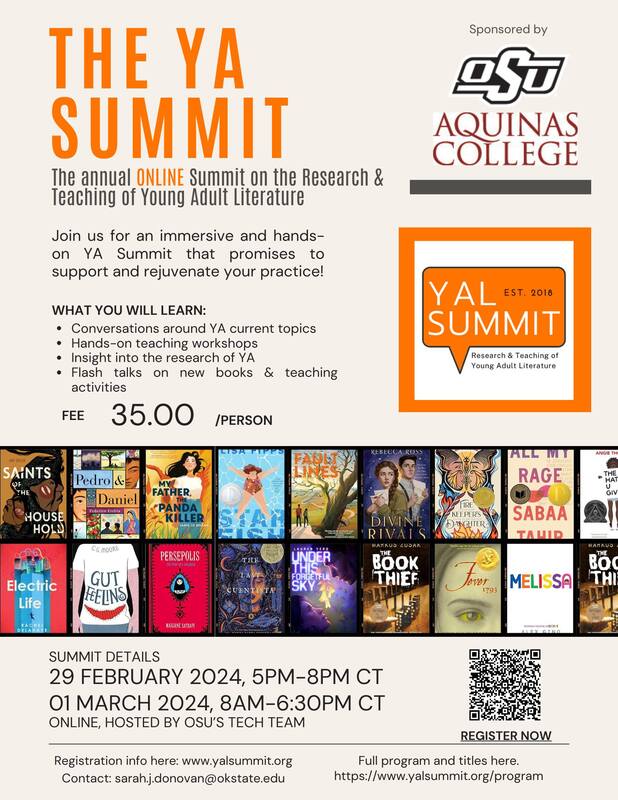
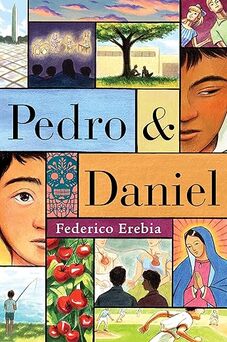

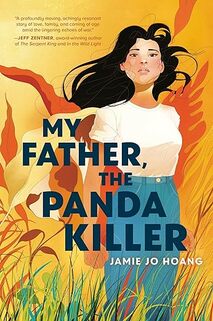
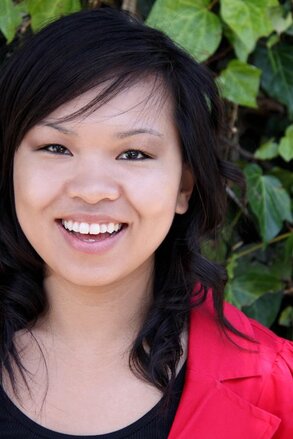
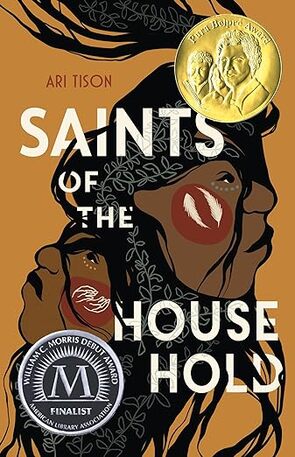


 RSS Feed
RSS Feed